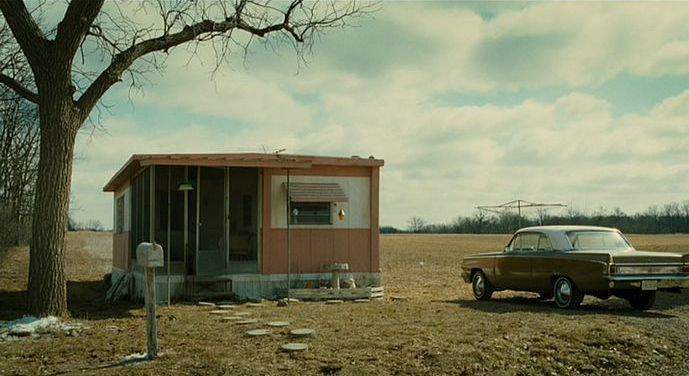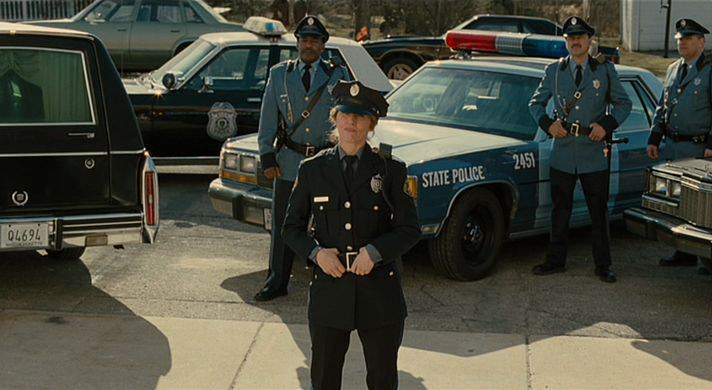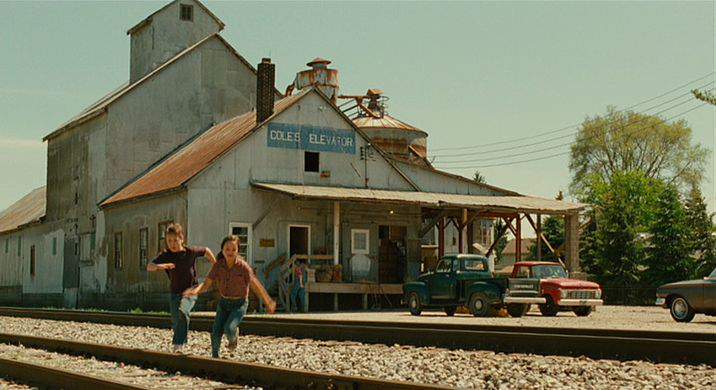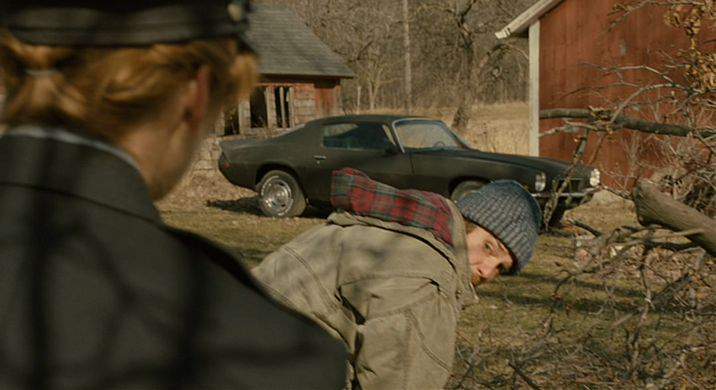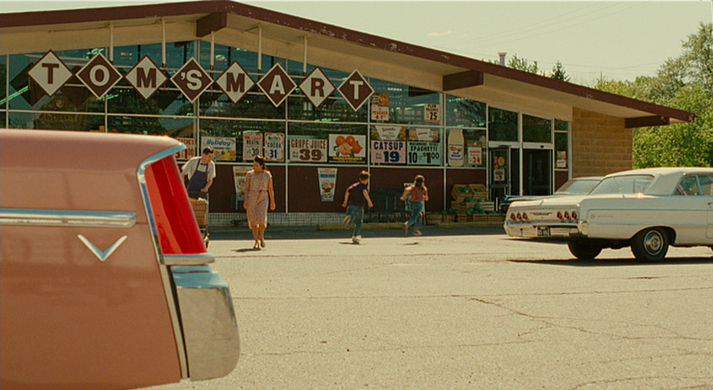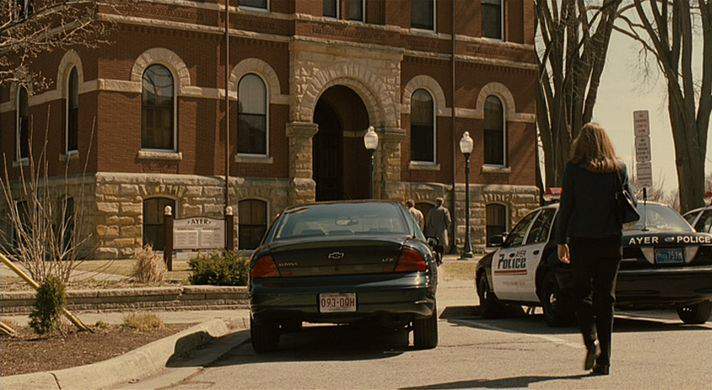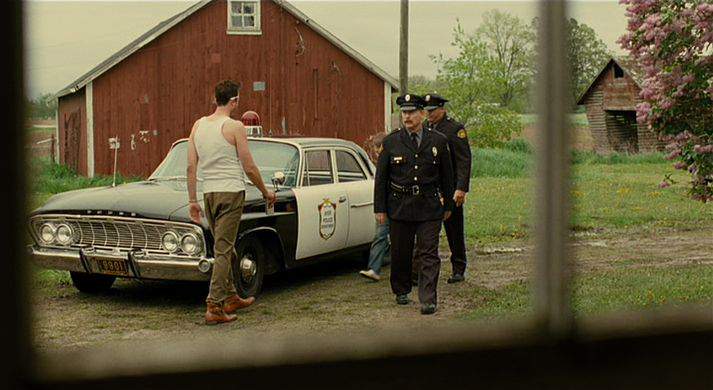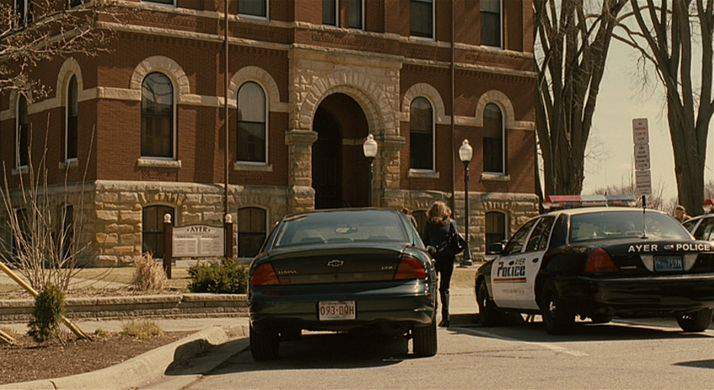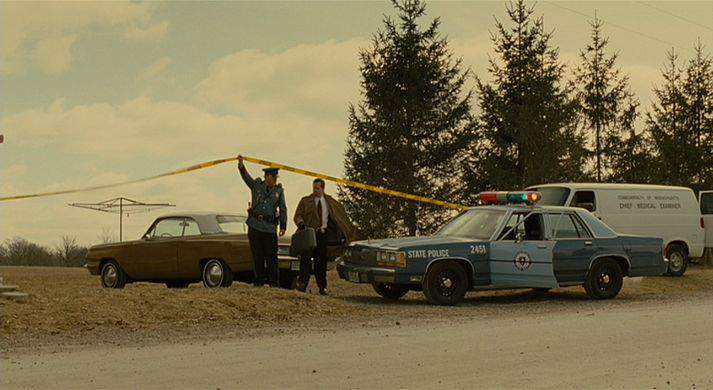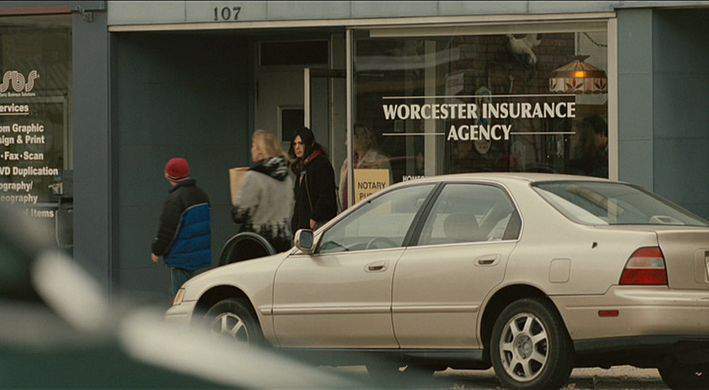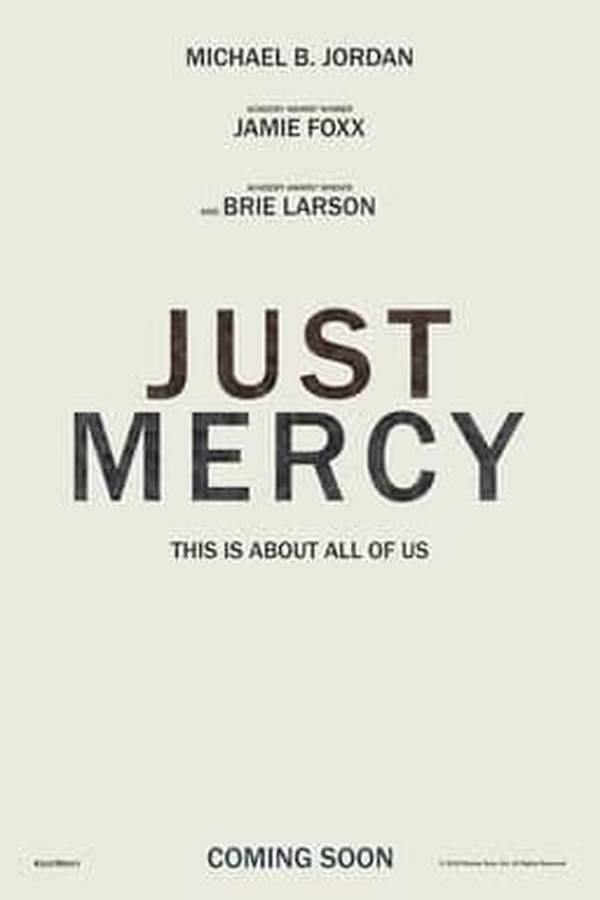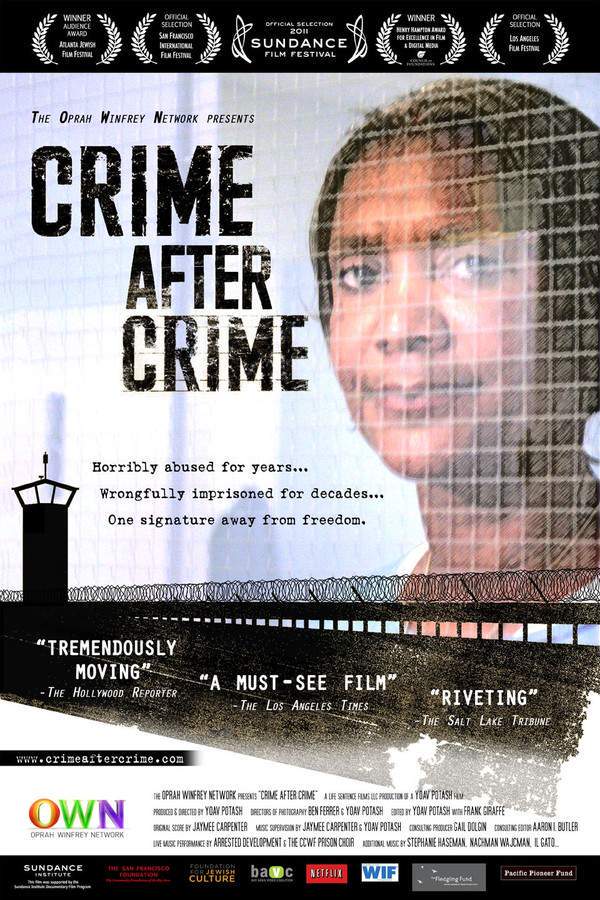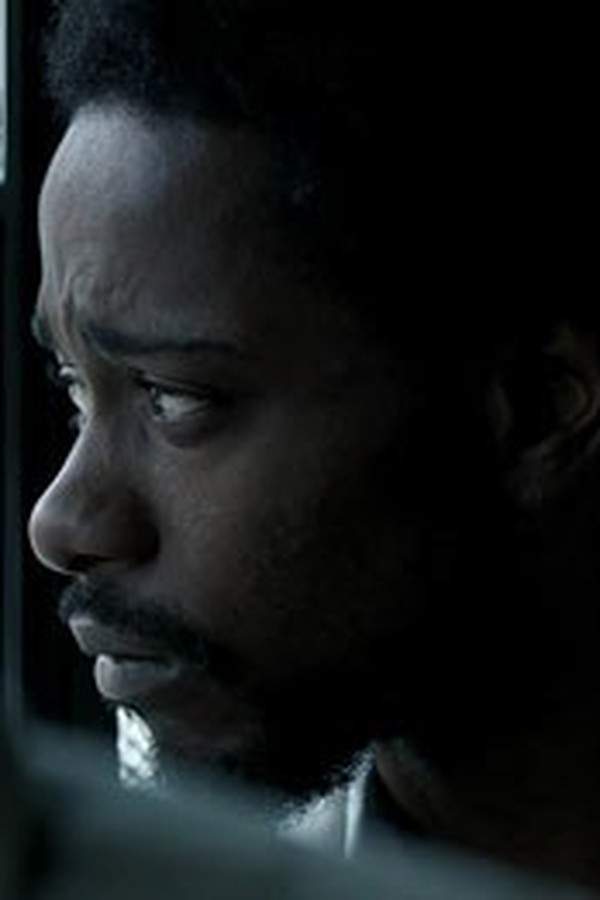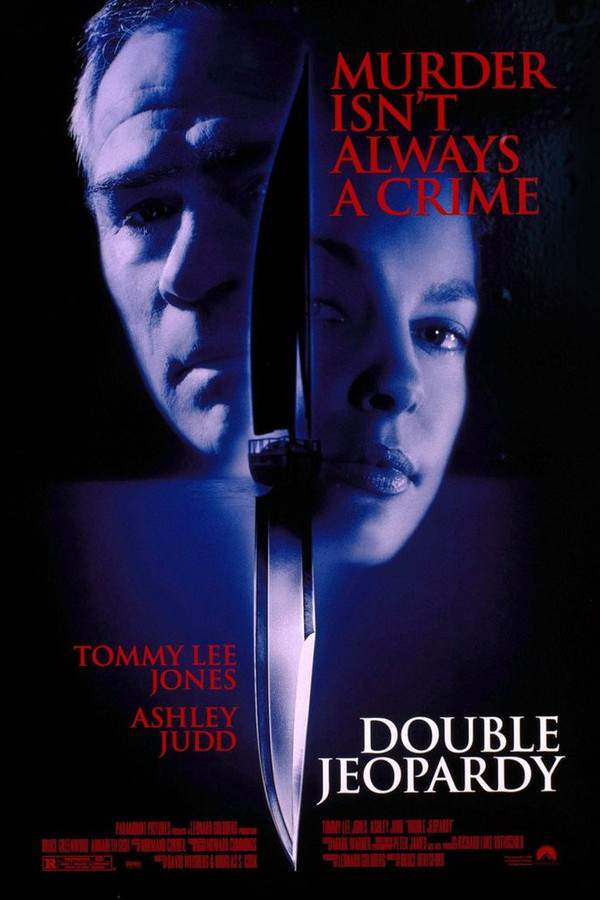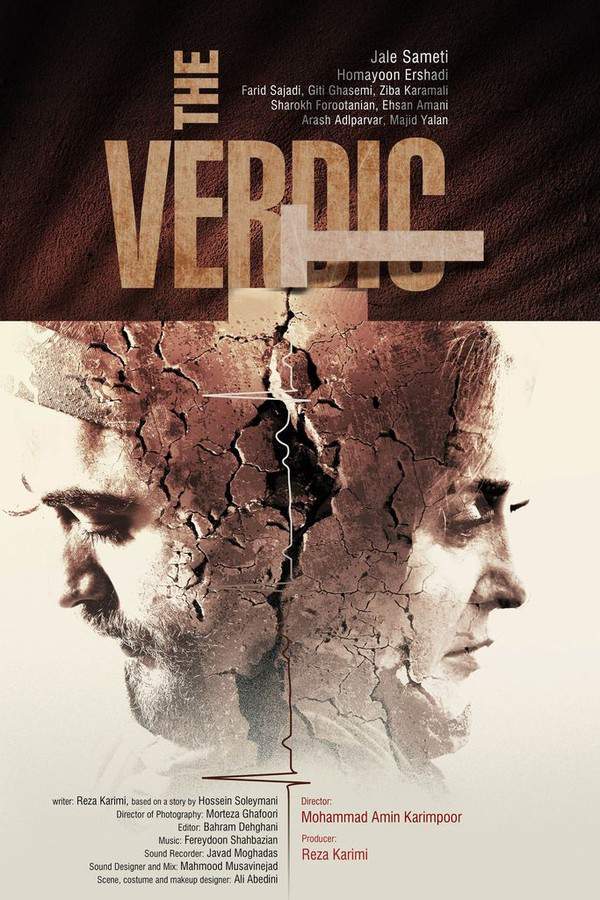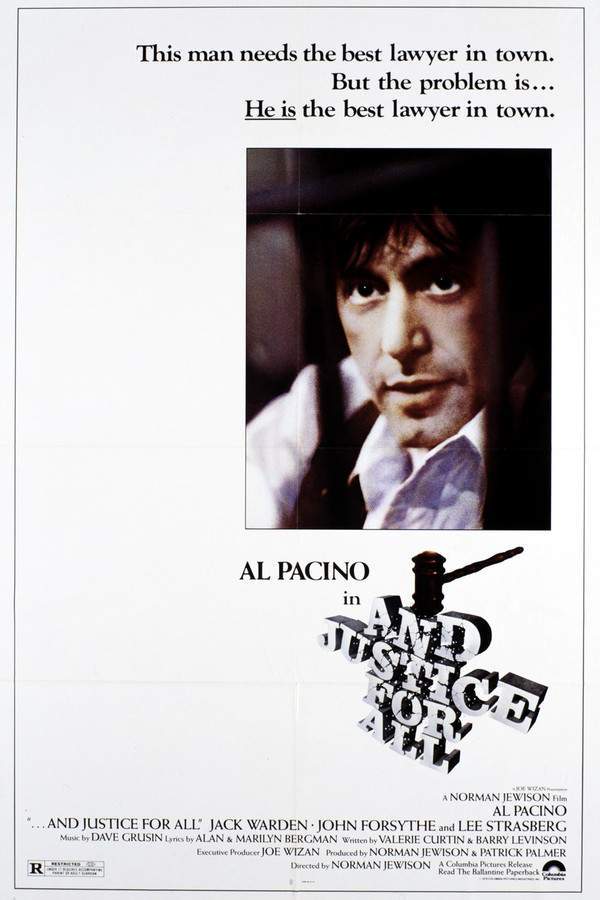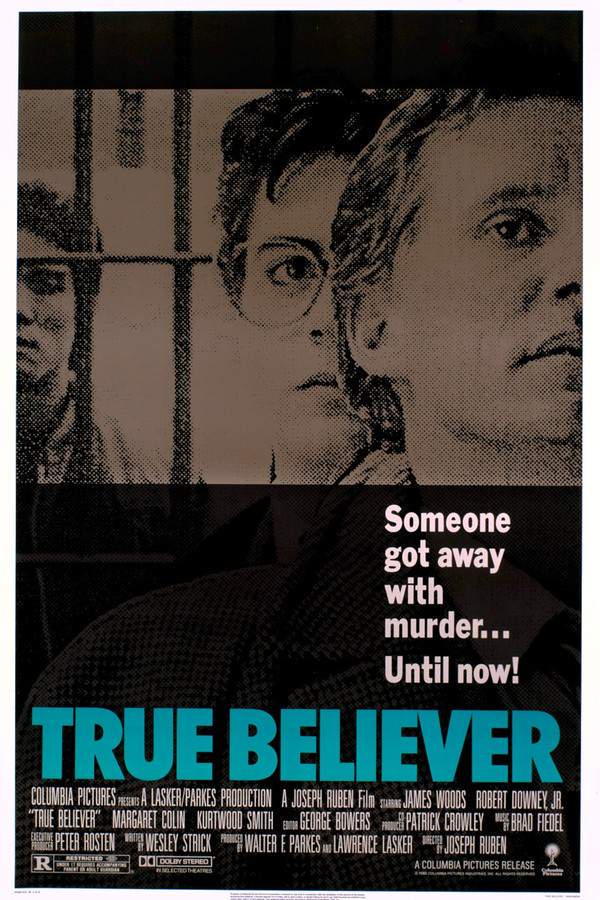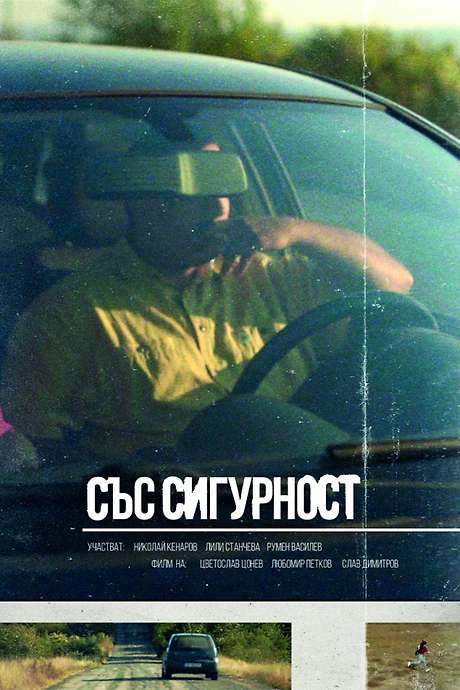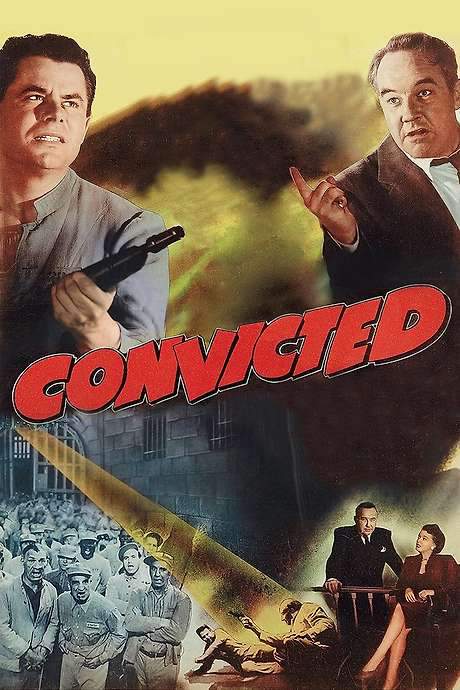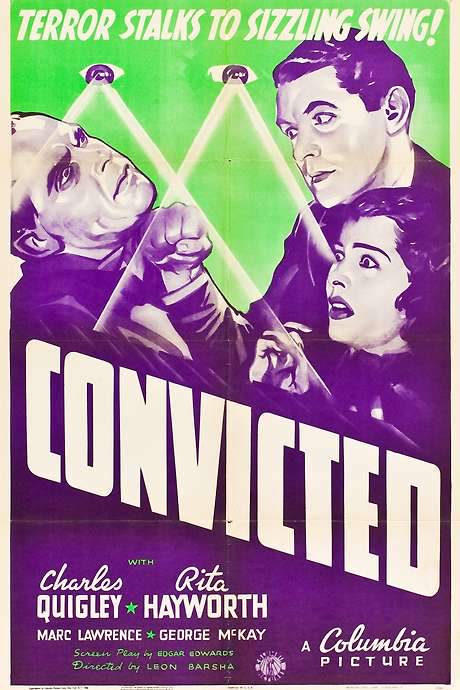Conviction 2010
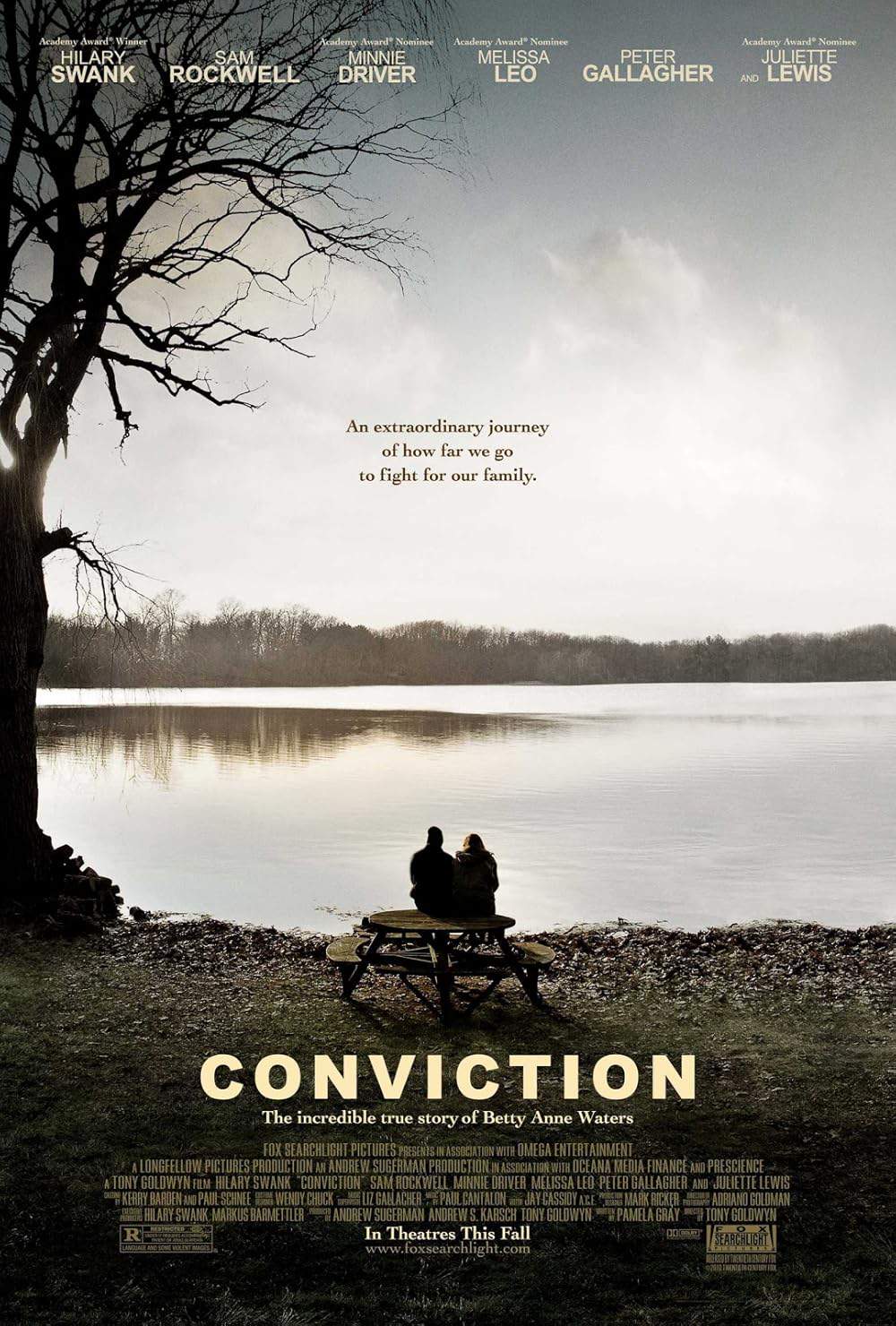
Driven by unwavering belief in her brother’s innocence, a woman embarks on an extraordinary eighteen-year journey to overturn his conviction. Betty Anne pursues law school, meticulously examines questionable evidence, and assembles a team to investigate the circumstances surrounding Kenny’s wrongful arrest. Her relentless pursuit of justice is fueled by faith and a desire for redemption, challenging the legal system and fighting to clear his name.
Does Conviction have end credit scenes?
No!
Conviction does not have end credit scenes. You can leave when the credits roll.
Meet the Full Cast and Actors of Conviction
Explore the complete cast of Conviction, including both lead and supporting actors. Learn who plays each character, discover their past roles and achievements, and find out what makes this ensemble cast stand out in the world of film and television.
External Links and Streaming Options
Discover where to watch Conviction online, including streaming platforms, rental options, and official sources. Compare reviews, ratings, and in-depth movie information across sites like IMDb, TMDb, Wikipedia or Rotten Tomatoes.
Ratings and Reviews for Conviction
See how Conviction is rated across major platforms like IMDb, Metacritic, and TMDb. Compare audience scores and critic reviews to understand where Conviction stands among top-rated movies in its genre.

61
Metascore
6.8
User Score

7.2 /10
IMDb Rating
Take the Ultimate Conviction Movie Quiz
Challenge your knowledge of Conviction with this fun and interactive movie quiz. Test yourself on key plot points, iconic characters, hidden details, and memorable moments to see how well you really know the film.
Conviction Quiz: Test your knowledge on the gripping true story of 'Conviction' and the journey of Betty Anne Waters as she fights for her brother's innocence.
What is the primary motivation of Betty Anne Waters in the film 'Conviction'?
To become a lawyer
To prove her brother's innocence
To seek revenge
To find love
Show hint
Awards & Nominations for Conviction
Discover all the awards and nominations received by Conviction, from Oscars to film festival honors. Learn how Conviction and its cast and crew have been recognized by critics and the industry alike.
16th Critics' Choice Awards 2011

17th Annual Screen Actors Guild Awards 2011

Full Plot Summary and Ending Explained for Conviction
Read the complete plot summary of Conviction, including all major events, twists, and the full ending explained in detail. Explore key characters, themes, hidden meanings, and everything you need to understand the story from beginning to end.
The film tells the inspiring true story of Betty Anne Waters, portrayed by Hilary Swank, a devoted single mother who embarks on a relentless journey to exonerate her wrongly convicted brother, Kenny. The narrative unfolds through a series of flashbacks, starting with the gruesome murder of Katharina Brow in 1980 in Massachusetts. Throughout the film, we see Betty Anne’s life intricately tied to that of her brother, who has found himself entangled in the justice system despite a lifelong bond with her.
Two years after being a suspect in the murder, newly uncovered evidence leads to Kenny’s re-arrest and trial. However, the case against him hinges solely on circumstantial evidence. Notably, in 1983, Kenny is wrongfully convicted of first-degree murder and sentenced to life in prison without parole. The main witnesses against him include Sergeant Nancy Taylor played by Melissa Leo, as well as his ex-wife, Brenda, and ex-girlfriend, Roseanna.
As years pass, Betty Anne’s life takes a toll. She is now married to Rick and they have two sons, yet the emotional burden of her brother’s incarceration weighs heavily on her. When she learns that Kenny has attempted suicide in prison, desperation drives her to return to school and pursue a law degree in hopes of proving his innocence. However, this decision strains her marriage, leading to their eventual separation.
The film beautifully juxtaposes her law school struggles at Roger Williams University with flashbacks of her challenging upbringing alongside Kenny. They grew up under a broken family system, often feeling neglected, which only strengthened their bond. Betty Anne faces immense challenges balancing motherhood and academics, especially as her sons decide to live with their father. Just when hope dims, a supportive friend encourages her to persevere in her studies.
In a pivotal moment during her studies, Betty Anne discovers DNA testing, sparking a renewed quest to secure Kenny’s freedom. She reaches out to attorney Barry Scheck involved with the Innocence Project, only to encounter numerous setbacks including bureaucracy and the destruction of key evidence. Nonetheless, her tenacity shines through as she and her friend Abra embark on a relentless search for any remaining evidence that might help overturn Kenny’s conviction.
Through her tireless investigation, Betty Anne uncovers shocking truths, including past misconduct by Sergeant Nancy Taylor, which raises the stakes even higher. The tension escalates when DNA results reveal that the blood at the crime scene does not belong to Kenny, igniting hope for his release after 16 years. However, the District Attorney’s office still refuses to vacate the conviction, claiming there is enough circumstantial evidence to keep him incarcerated as an accomplice.
Heartbreaking revelations arise when Betty Anne, along with Abra and Barry, connect with Kenny’s former wife and girlfriend, who confess to being coerced into giving false testimonies against him. This crucial piece of evidence leads to Kenny’s conviction being vacated after an arduous 18-year battle, culminating in his emotional release in June 2001.
The film concludes with a glimpse into their future: Betty Anne secures a significant civil settlement for her brother’s wrongful conviction, while the real killer’s identity remains unknown. We witness a bittersweet reunion of Kenny with his daughter, Mandy, and his sister, marking a hard-fought triumph over despair. The closing epilogue features a poignant image of the real Kenny and Betty Anne Waters, leaving the audience with a lasting message of resilience and undying love.
Uncover the Details: Timeline, Characters, Themes, and Beyond!

Coming soon on iOS and Android
The Plot Explained Mobile App
From blockbusters to hidden gems — dive into movie stories anytime, anywhere. Save your favorites, discover plots faster, and never miss a twist again.
Sign up to be the first to know when we launch. Your email stays private — always.
Discover Film Music Concerts Near You – Live Orchestras Performing Iconic Movie Soundtracks
Immerse yourself in the magic of cinema with live orchestral performances of your favorite film scores. From sweeping Hollywood blockbusters and animated classics to epic fantasy soundtracks, our curated listings connect you to upcoming film music events worldwide.
Explore concert film screenings paired with full orchestra concerts, read detailed event information, and secure your tickets for unforgettable evenings celebrating legendary composers like John Williams, Hans Zimmer, and more.


Cars Featured in Conviction
Explore all cars featured in Conviction, including their makes, models, scenes they appear in, and their significance to the plot. A must-read for car enthusiasts and movie buffs alike.
Conviction Themes and Keywords
Discover the central themes, ideas, and keywords that define the movie’s story, tone, and message. Analyze the film’s deeper meanings, genre influences, and recurring concepts.
Conviction Other Names and Titles
Explore the various alternative titles, translations, and other names used for Conviction across different regions and languages. Understand how the film is marketed and recognized worldwide.
Similar Movies To Conviction You Should Know About
Browse a curated list of movies similar in genre, tone, characters, or story structure. Discover new titles like the one you're watching, perfect for fans of related plots, vibes, or cinematic styles.
Quick Links: Summary, Cast, Ratings, More

What's After the Movie?
Not sure whether to stay after the credits? Find out!
Explore Our Movie Platform
New Movie Releases (2025)
Famous Movie Actors
Top Film Production Studios
Movie Plot Summaries & Endings
Major Movie Awards & Winners
Best Concert Films & Music Documentaries
Movie Collections and Curated Lists
© 2025 What's After the Movie. All rights reserved.
















